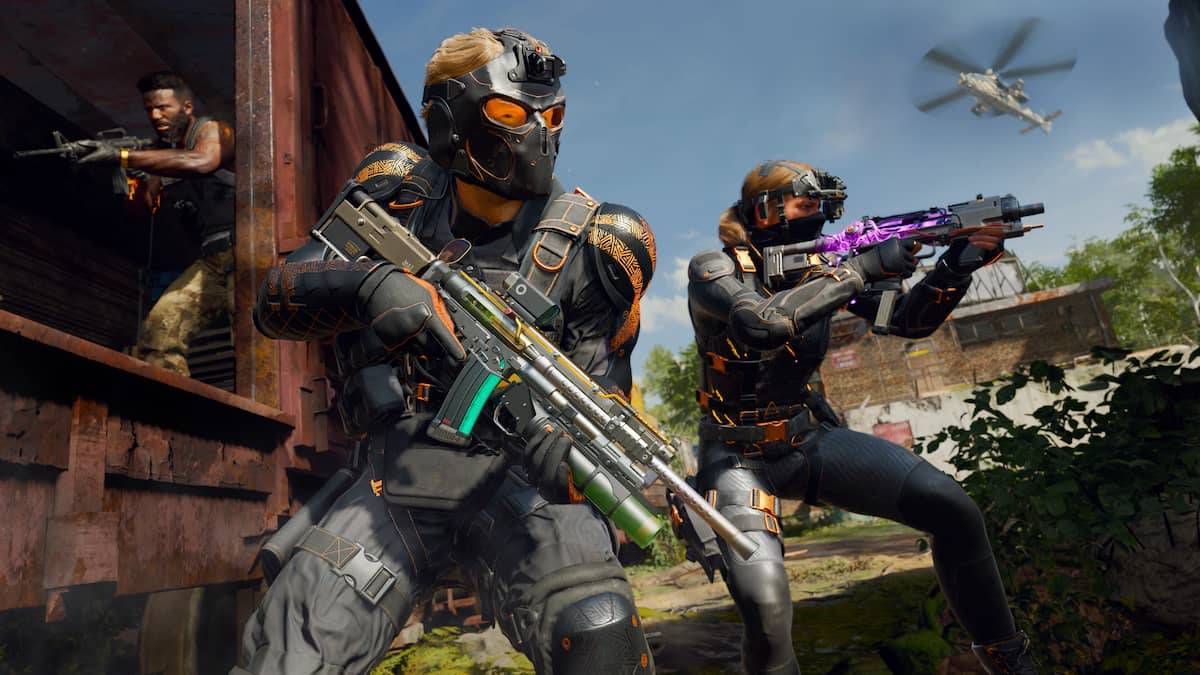It's year-end, time for my "Game of the Year" selection: Balatro. While not my absolute favorite, its success warrants discussion.
By now (December 29th, assuming on-time reading), Balatro's numerous awards are likely familiar. It swept The Game Awards (Indie and Mobile Game of the Year) and uniquely won two Pocket Gamer Awards: Best Mobile Port and Best Digital Board Game. Jimbo's creation is widely praised.
However, its success has also sparked confusion and even anger. Comparisons between flashy gameplay trailers and Balatro's relatively simple visuals are common, leading to bafflement over its award wins.
This very contrast, I believe, highlights why it's my GOTY pick. Before elaborating, here are some honorable mentions:
Honorable Mentions:
- Vampire Survivors' Castlevania expansion: The long-awaited collaboration with iconic Castlevania characters is fantastic.
- Squid Game: Unleashed's free-to-play model: A potentially groundbreaking move by Netflix Games, suggesting a focus on attracting new viewers rather than traditional monetization.
- Watch Dogs: Truth's audio-only release: An unexpected but intriguing choice from Ubisoft, offering a unique take on the Watch Dogs franchise.
A Mixed Bag of Fun
My Balatro experience is mixed. It's undeniably captivating, yet I haven't mastered it. The intricate statistical comparisons frustrate me, and despite many hours, I haven't completed a run.
Despite this, Balatro represents excellent value. It's simple, easily accessible, and undemanding. While not my ultimate time-waster (that title goes to Vampire Survivors), it's a strong contender. Its visuals are appealing, and gameplay is smooth. For under $10, you get an engaging roguelike deckbuilder that's inoffensive to play publicly (the poker element might even impress some!). LocalThunk's ability to elevate a simple concept is commendable.
The calming music and satisfying sound effects create an addictive loop. It's refreshingly honest about its addictive nature, subtly encouraging continued play.
But you've heard this before. Why revisit it? Because some find this insufficient.

Beyond Simple Gameplay
Balatro isn't the most criticized release this year (that might be Astrobot, ironically, given the self-importance often associated with such awards). The reaction to Balatro's success is revealing.
Balatro is unapologetically "gamey" in design and execution. It's visually appealing without being overly complex or flashy, lacking a retro aesthetic. It's not a cutting-edge tech demo; it began as a passion project for LocalThunk.
Its success confounds many because it's not a flashy gacha game, nor does it push mobile gaming boundaries. It's not a battle royale; to some, it's "just a card game." Yet, it's a brilliantly executed card game with a fresh approach. Game quality should be judged by its core mechanics, not solely by visual fidelity.
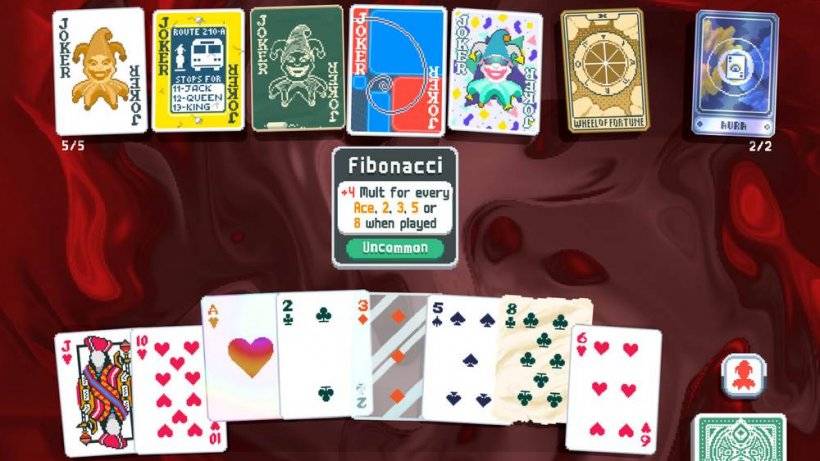
A Lesson in Success
Balatro's success demonstrates that multi-platform releases don't require massive budgets or complex features. It's simple, well-executed, and stylistically unique, appealing to mobile, console, and PC players.
While not a massive financial success, considering the likely low development costs, LocalThunk is probably quite profitable.
Balatro proves that a game doesn't need to be a massive multiplayer gacha experience to thrive. Simplicity and strong execution can be highly successful.
My own struggles with Balatro highlight its adaptability. Some optimize their decks for flawless runs; others, like me, enjoy its relaxed pace for casual play.
The key takeaway? As Balatro's success shows, a game doesn't need cutting-edge graphics or complex mechanics to be successful. Sometimes, a touch of simple, well-executed fun is all it takes.
 Home
Home  Navigation
Navigation






 Latest Articles
Latest Articles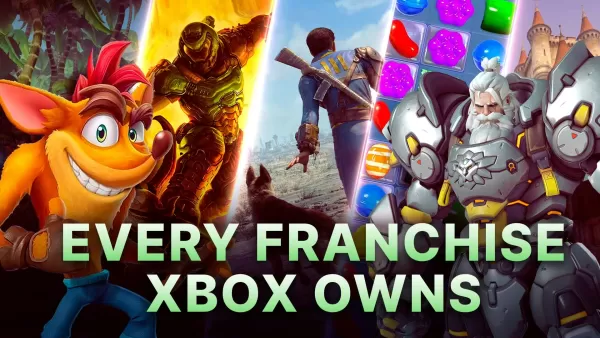
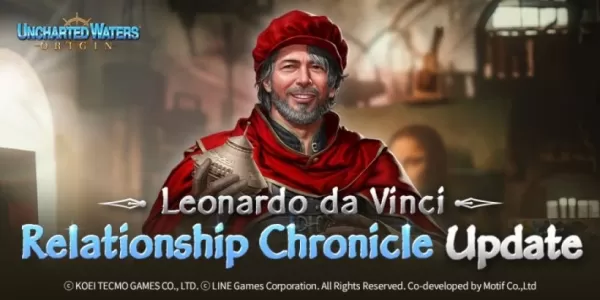
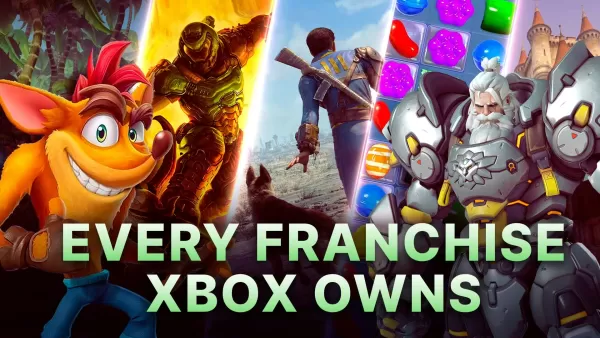
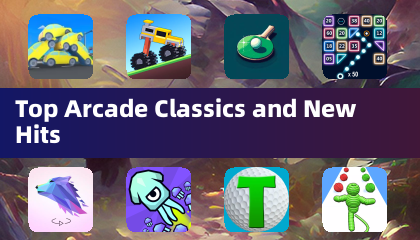



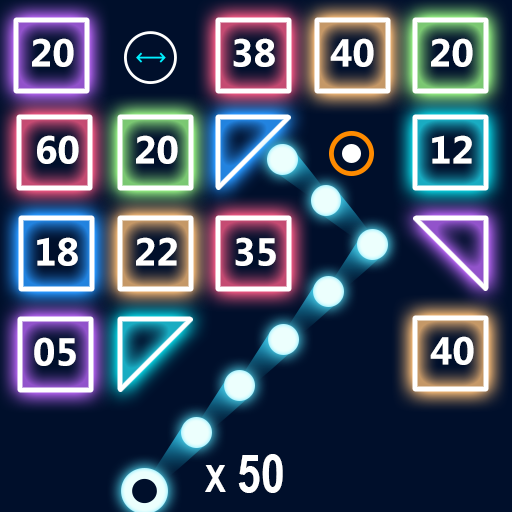
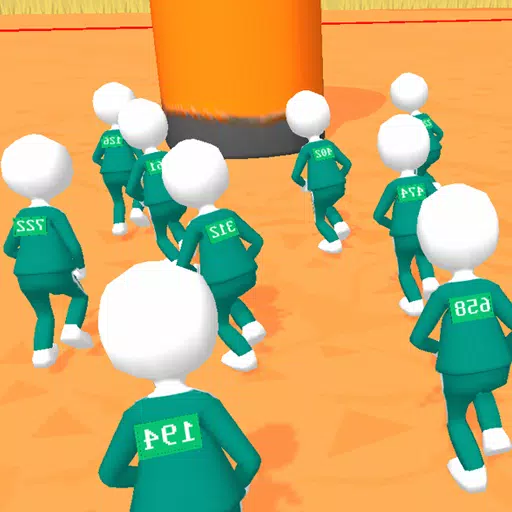
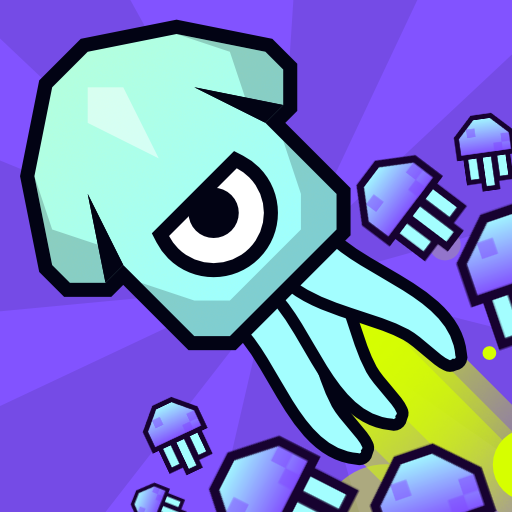

 Latest Games
Latest Games










